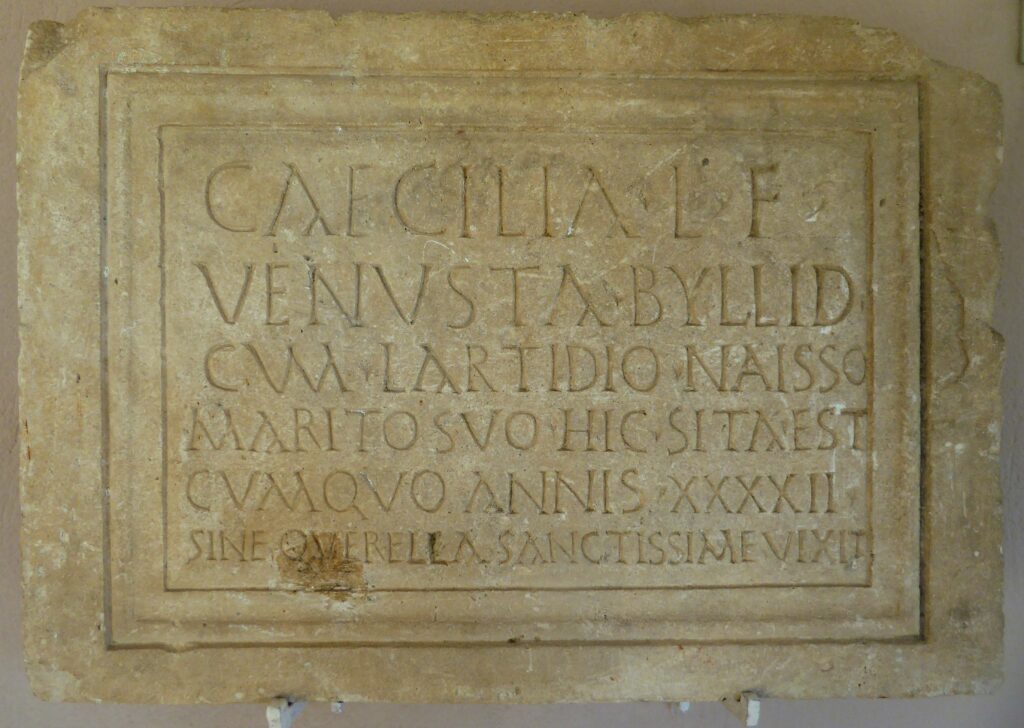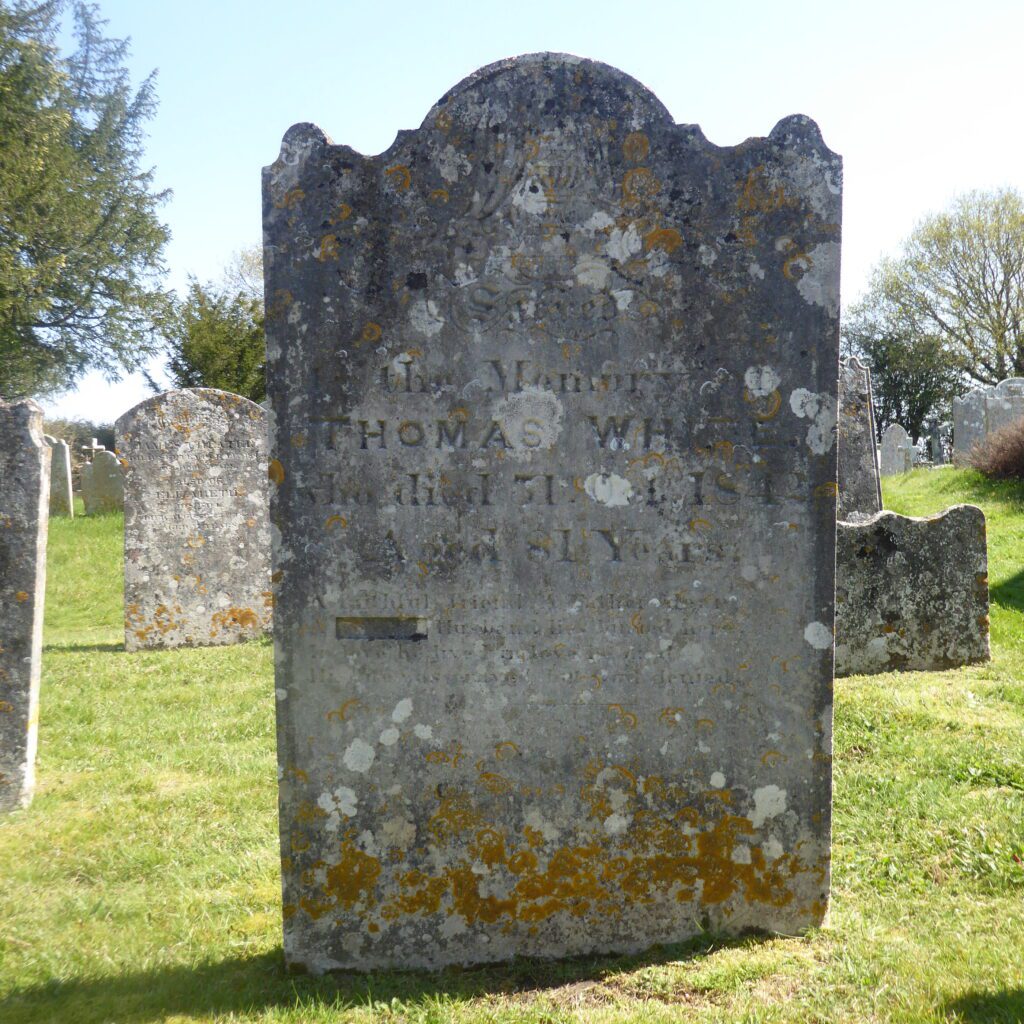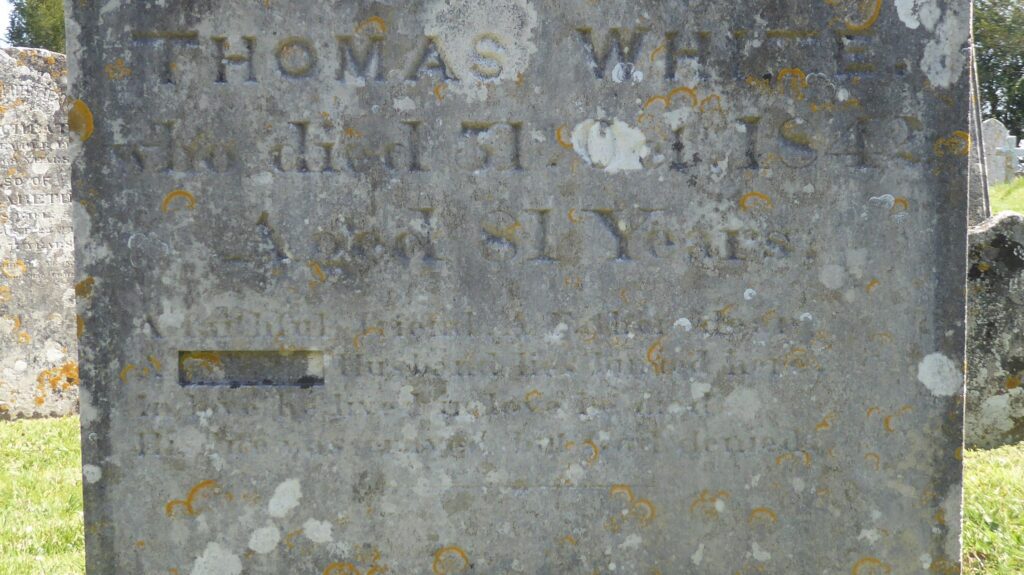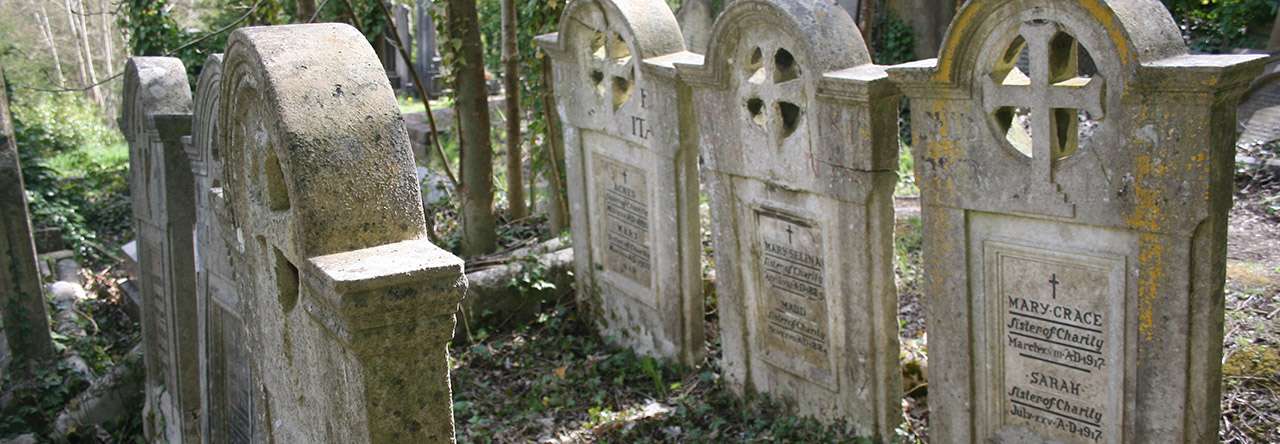At Apollonia in ancient Illyria, present day Albania, we had visited the Roman baths and theatre, the Byzantine church and the museum, and now our guide drew our attention to a particular gravestone.

CAECILIA L F
VENVSTA BYLLID
CVM LARTIDO NAISSO
MARITO SUO HIC SITA EST
CVMQVO ANNIS XXXXII
SINE QVERELLA SANCTISSIME VIXIT
For a while we were all preoccupied, trying to match dimly remembered school Latin to the words on the stele. Our guide was confident: “Here lies Cecilia alongside her husband, a couple who never quarrelled in 42 years of marriage,” he announced.
A doubtful silence ensued as we pondered the questionable veracity of this claim. The cynical feminist in me considered that the apparent harmony might only indicate that Cecelia had judged it politic to keep her opinions to herself.
“If it is true, it must have been a very dull marriage,” averred one of our group with such conviction that we considered the matter closed. But our guide, I sensed, was disappointed by our failure to take Cecelia’s amicable conjugal relations at face value and our reluctance to be charmed, as he was, by the story the stone told.
We never know if truth lies behind the wording on grave markers, especially those of private individuals where the epitaph is often their sole record. Moreover their “truth” can be a protean construct.
On the other side of Europe, in the Hampshire village of Minstead, another grave, at first sight, bears witness to another affectionate relationship. The rigors of the British climate have weathered the soft stone, but it is still possible to read it.

Sacred
To the Memory of
Thomas White
Who died 31st Oct. 1842
Aged 81 Years.
A faithful friend, a Father dear,
A Husband lies buried here.
In love he lived, in love he died,
His life was craved but God denied.
But it is strikingly clear that a word which once preceded “Husband” has been carefully expunged. The story goes that originally the epitaph described a “faithful Husband,” but after his death village gossips advised Mrs. White of her husband’s infidelities, and she took a chisel to the erroneous adjective.

Moral: Epitaphia semper cum grano salis accipite.
